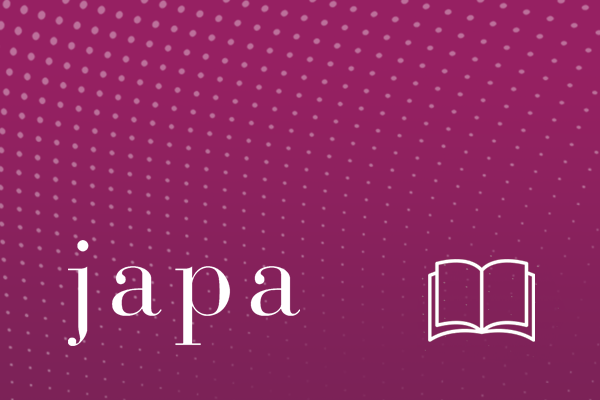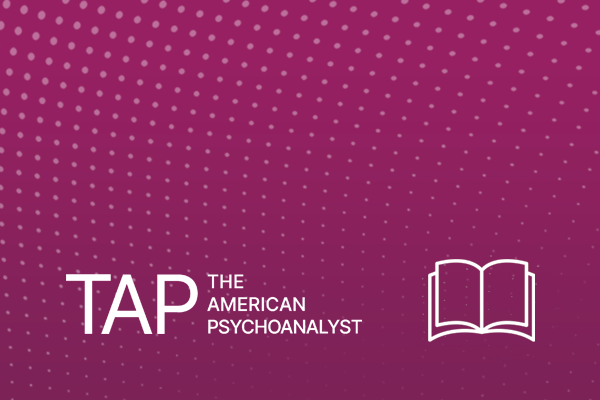As reflected in our name, our role is advisory and consultative; our goal is to find ways to support our APsA institute leaders and colleagues, and help institutes express their vision and mission. All APsA institutes/centers with active training programs have a DPE IACS liaison assigned to them to collaborate and consult with their leadership as needed. We strive to share resources and the benefit of knowledge gained from a national perspective of institutes.
Our DPE IACS liaisons seek to establish a trusted collegial, consultative, and advisory relationship with every APsA Institute or Center with active training programs. The liaison strives to get a sense of the major issues at each institute via the leadership and provides information about the resources APsA has to offer (e.g., from other DPE Sections and APsA as a whole). With confidentiality and tact, liaisons work to create a “hands-on” reciprocal loop between the local and national levels. Through these efforts, we hope to generate robust local interest and participation in APsA both across regions and generations of members. In collaboration with institutional leadership, it may emerge that the help of a consultative team would be useful. Or such collaboration may function to diminish or obviate the need for extensive consultation by working on problems early on.
Most DPE IACS liaison work is conducted by phone, videoconference and/or email. Additionally, we have a rotating schedule of liaison visits to institutes at a mutually convenient time, perhaps when the institute is having a retreat or a major institute meeting. Our budget permits covering travel expenses for each liaison to make a personal visit approximately once every five years. Also, we encourage liaisons to get together with relevant members of their institutes at the national meetings whenever possible.
Consultation teams provide more intensive help for entrenched issues and challenges that may involve on-site visits in addition to videoconference meetings. IACS strives to provide help tailored to specific needs, whether comprehensive, intermediate, or focal in scope. Our goal is to be nimbly responsive to the needs of each APsA Institute or Center.
Our IACS Roster represents a mix of seasoned, mid and early career members across diverse backgrounds, theoretical orientations and geography. We also explicitly include candidate members.
Learn More



